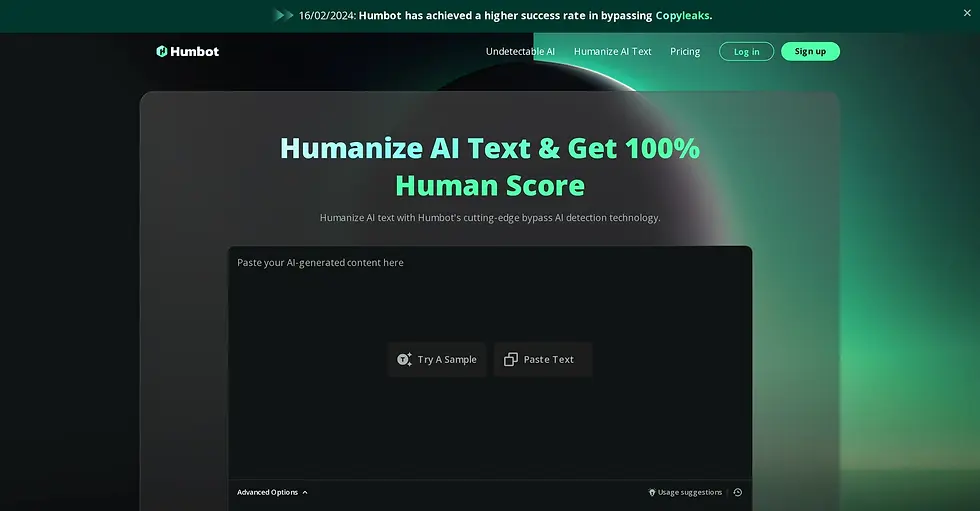Pope Francis AI Adviser and Experts Warn of AI Risks
Artificial Intelligence is advancing at a breakneck pace, and it's no surprise that world leaders, including Pope Francis, are taking notice. Recently, the Pope’s AI adviser, along with top experts, raised concerns about the risks AI poses to humanity. As an AI enthusiast and developer, I find it fascinating—and a little unnerving—that discussions about machine intelligence have reached the Vatican.
The Vatican's Interest in AI
When we think about AI regulation, governments and tech giants like OpenAI, Google, and Microsoft come to mind. But Pope Francis has been vocal about ethical AI for several years, emphasizing the importance of ensuring this technology serves humanity rather than harms it. The Vatican has even hosted AI ethics summits, bringing together researchers, policymakers, and religious leaders.
Why Is Pope Francis Concerned?
Pope Francis has repeatedly warned that AI could deepen inequalities and lead to unexpected consequences. From biased algorithms to mass surveillance and autonomous weapons, the ethical dilemmas surrounding AI are real and pressing. His adviser, Father Paolo Benanti, a tech ethicist, has been a key figure in these discussions. He emphasizes that AI must respect human dignity and be guided by ethical principles.
The Risks Experts Are Highlighting
Alongside the Vatican’s concerns, AI experts have been sounding alarms about potential dangers, many of which align with what Pope Francis and his team fear. Some of the major risks include:
- Bias and Discrimination: AI systems trained on biased data can reinforce societal prejudices, leading to discrimination in hiring, lending, and healthcare.
- Job Displacement: As AI automates more tasks, millions of jobs could be lost, disproportionately affecting vulnerable populations.
- Autonomous Weapons: The rise of AI-powered weapons raises serious ethical and security concerns, with the potential for conflicts to escalate unpredictably.
- Deepfakes and Misinformation: AI-generated fake content is making it increasingly difficult to distinguish truth from fiction, eroding trust in media and institutions.
- Existential Risks: Some experts, including figures like Elon Musk and Geoffrey Hinton, warn that advanced AI could surpass human control, posing a threat to our very existence.
What Can Developers Do?
AI developers and researchers have a responsibility to address these risks and ensure that AI benefits society as a whole. Here are some key steps we can take:
- Prioritize Ethical AI: Implement fairness, accountability, and transparency in AI models.
- Develop Robust Safeguards: Ensure AI systems have fail-safes to prevent unintended behaviors.
- Advocate for Regulation: Support responsible policies that govern AI development and usage.
- Educate and Inform: Spread awareness about AI risks and solutions among peers and the public.
Final Thoughts
AI is an incredibly powerful tool, but with great power comes great responsibility. When religious leaders, engineers, and policymakers all express concern, it's a sign that we need to tread carefully. As developers, we hold the key to shaping AI's future, and it's up to us to ensure it serves humanity in the best way possible.
Get to know the latest AI news
Join 2300+ other AI enthusiasts, developers and founders.
- CommentsDeine Meinung teilenJetzt den ersten Kommentar verfassen.

%20(1).webp)
.webp)






.webp)




